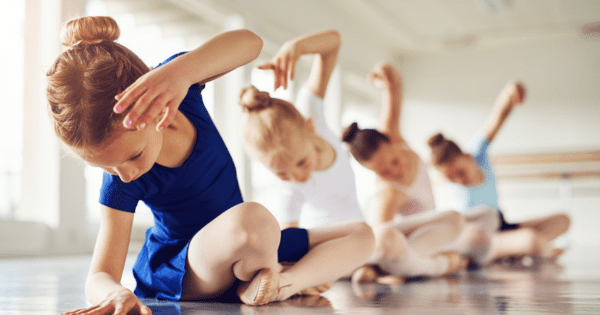
Kids are naturally curious. They want to observe, explore, and imitate to figure out how things operate. This free exploration is more evident when taking art lessons. Not only do they allow children to manipulate color and materials, but they also nurture different skills. This unrestricted exploration provides room for experimentation, which is critical in a child’s early development. That’s why parents need to enroll kids in an art school early.
Private schools often make a better alternative when looking for art schools, as they aren’t affected by underfunding and admit fewer children. Research shows that 87% of private schools have less than 300 children, hence addressing each kid’s needs adequately. So, why should you admit your child to a performing arts school?
1. Develop Motor Skills
Learning art at an early age is no longer about nurturing the next Picasso but about helping them develop socially, mentally, and emotionally. Art boosts a young child’s ability to analyze and solve problems and develop a range of skills, and one of them is motor skills. Art nurtures this skill in a fun and creative way when grasping chalk, crayons, pencils, paintbrushes, and markers. Also, activities like finger-painting go a long way in teaching control.
2. Cognitive Development
Enrolling a child in performing arts middle schools near me helps them develop cognitively. This is because art helps children learn and practice skills like pattern recognition, which is crucial in developing cognition. Critical thinking also comes into play, as kids can choose what they want to create and how they will do it. The ability to recognize an image and recreate it on paper is critical to brain development in young children. Most kids begin drawing recognizable symbols around them at four years, so they should practice in their preschool and middle school years.
3. Language Development
Apart from getting their hands dirty, a performing arts school provides a platform for kids to expand their vocabulary by learning words of shapes, colors, and different activities. As a result, the child uses descriptive words to discuss their creation and express the feelings elicited from developing the image, object, or other feature. That’s why tutors ask them to describe their artwork and explain the process of creating it. This active listening and asking open-ended questions encourage memory development and communication skills.
4. Art Encourages Neural Connections
Art is an activity that employs all senses, like touch, sight, smell, sound, and taste, depending on the activity. During art lessons, a kid’s brain synapses fire away as they get immersed in the activity, further encouraging creativity. According to studies, a young brain makes billions of connections with every bit of new knowledge it is exposed to. The new connections lead to the formation of well-rounded personalities, better mental health, and self-esteem.
5. Fosters Creativity
Kids express themselves through art. Normally, the artwork and the process of creating it is the manifestation of expression. Imagine a six-year-old painting red, yellow, and white flowers in the garden in elementary school or a 10-year-old drawing a mother’s portrait. Such activities enable kids to work through their feelings, and the artwork helps them talk about them. And since they are free to create what they want, art nurtures creativity. What’s more, a performing arts school for preschoolers and middle school children is all about nurturing a meaningful artistic experience, not talent. It’s tempting to desire your child’s art to turn out perfect to prove a success, but it shouldn’t be the case. Where art is concerned, the process of exploring, creating, and discovering is more important.
6. Develops Social Skills
A performing arts school provides a common ground for kids who don’t know each other to interact. Kids of all races, abilities, and languages engage in a common activity: art. Also, kids practice sharing, taking turns, and appreciating each other’s efforts. Such an environment helps a kid develop their individuality while appreciating other kids’ successes.
So, if you’re sending your child to a private preschool school in your area this year, you don’t want to overlook the time they spend in art lessons. Art is a critical part of a kid’s development, as it nurtures different skills.



